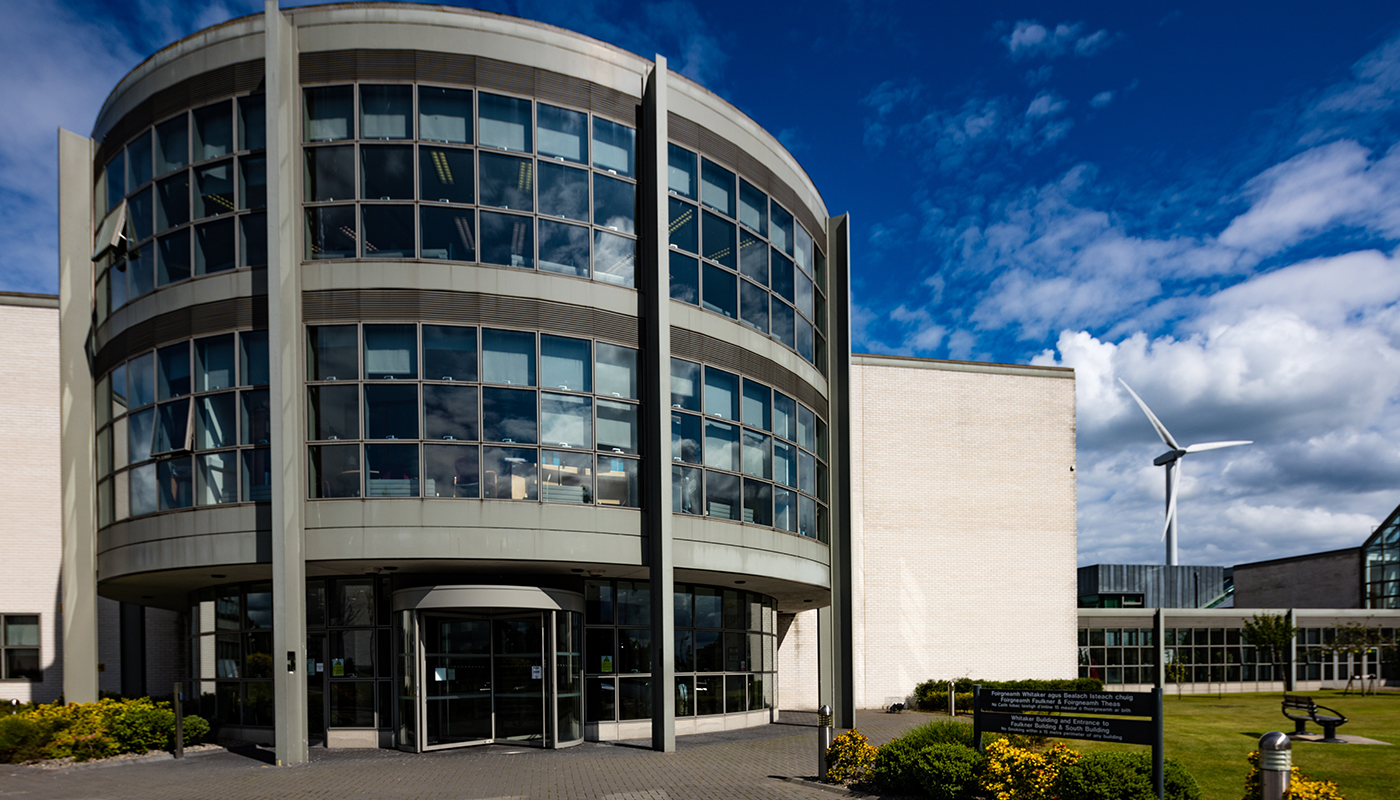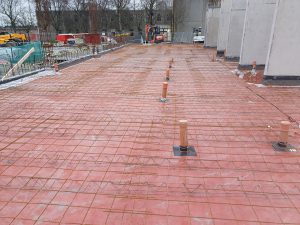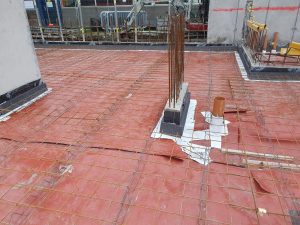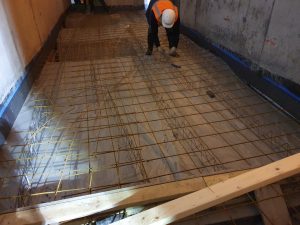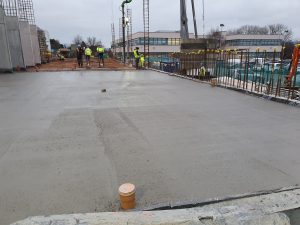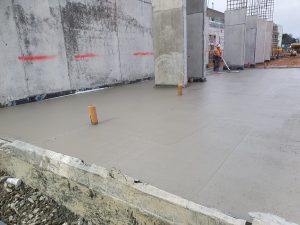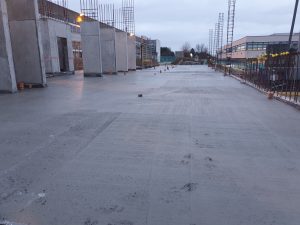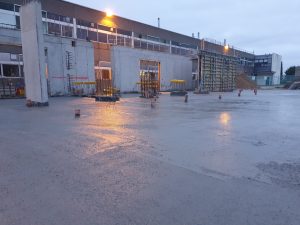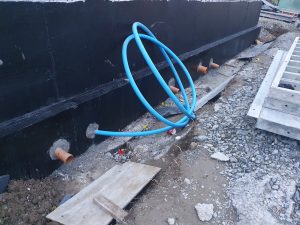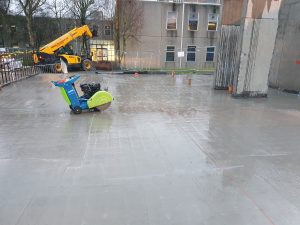In an article by Pinsent Masons, Anne-Mari Friel and Natalie Trainor detail how construction data not only makes construction and engineering projects more efficient, it also makes them less damaging to the environment, creating safer buildings as a result. You can read this article in full here: https://www.pinsentmasons.com/out-law/analysis/construction-data-what-can-be-collected-and-how-it-can-help
Typical data sources include:
- Sensors
- Wearables
- Drones
- GPS
- Email
- Financials
- Design plans
- Weather data
With the aid of these technologies, the construction industry now has at its fingertips a wealth of actionable information that helps contractors to predict and plan the needs of a project. From estimations, BIM outputs, and digital twins to logistical productivity and financial data, the collective insights these datasets provide are fast becoming indispensable. Making good use of this data also results in improved project management and increased profitability. For modern construction and engineering, data serves as a way to identify and mitigate risks, notice patterns, and avoid costly clashes, oversights or mistakes.
While the benefits of construction data are now well-known, there still exists a challenge in its collection and organisation. From planning and construction to maintenance, the authors argue there is room for a great improvement in the implementation and use of this data. At McKeon Group, we agree with this, and our team is working with project delivery partners to ensure optimum data capture and use.
Most data goes unused and unshared
Citing the recent report by the consultancy firm, FMI Corporation, the latest estimates show that most data collected goes largely underutilised. According to the report, only 4 percent of the data collected for use in infrastructure projects is actually used, and just 10 percent of data generated by the construction and engineering industry is organised and structured into a usable form. The report found that one of the key issues is that there is not yet a standardised digital format for the sharing and collation of this data, for example, carbon footprint and safety metrics.
Furthermore, data is not readily shared across the industry, which means that many opportunities for efficiency and cost savings are missed. As it stands, companies and parties who do wish to share data find it difficult to do so, with several technological challenges standing in the way regarding interoperability. As well as a current lack of supportive technology and software, there is also a reluctance to share data for competitive and legal reasons. Some stakeholders feel guarded about the data collected and do not wish to share it with competitors. There is also the issue of collected data being commercially sensitive and the inability to share due to data privacy laws and legal compliance.
For these reasons and reasons of habit and culture, data sharing across the Irish construction industry is not where it needs to be – yet. Growing understanding of the handling and benefits of data will likely motivate organisations to exert greater control over it. Organisations may, perhaps, be more willing to first share operational performance data and inroads may be made from there. It is important, however, for project partners to establish aims and objectives when it comes to data sharing, clarifying limitations, and implementing good data management.
Benefits of sharing data
Though data sharing is not without its challenges, making such information better available is not only good for project management and maintenance but also good for the communities and environments affected. The value of this data is still being articulated, with the full ramifications yet to be understood. Nevertheless, construction data is already instrumental in achieving net-zero plus carbon-neutral goals in Irish construction and elsewhere.
Carbon emissions data, for example, is particularly useful in assisting stakeholders in setting targets. Sharing this data throughout the supply chain with a standardised metric will result in a greener industry. Safety data, too, will help complex buildings meet requirements, with information continuing to be shared over construction lifetime, thus assisting in future plans. The sharing of operational data will result in a decrease in accidents thanks to the ability to monitor risk and observe patterns. It can also lead to efficiency measures being implemented. Bringing this together will require well-managed datasets, including the use of digital twins. This will mean that once data-sharing issues are overcome, the information can be implemented and used reliably.
In the pursuit of bettering the industry and helpfulness, however, the authors caution against over-sharing and putting organisations at avoidable risk. These risks include the violation of third-party data consent laws as well as paying special attention to the exclusive rights of data collected by the providers of specific technology. There may also be some issues with competition and privacy laws that prevent the free sharing of data between parties without prior approval.
About McKeon Group:
Established in 1950, this year marks the 70th anniversary of McKeon Group, which remains a family business. ISO certified for more than two decades, McKeon Group offers expert construction, fitout and building services. The Group delivers projects, services and maintenance across a range of sectors for State, local authority, FDI and private clients. For more information, contact McKeon.ie






